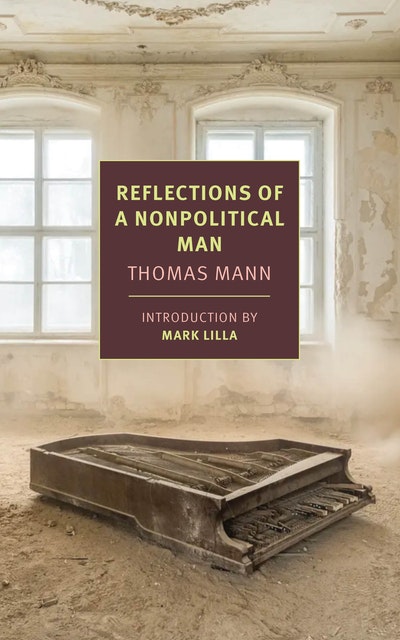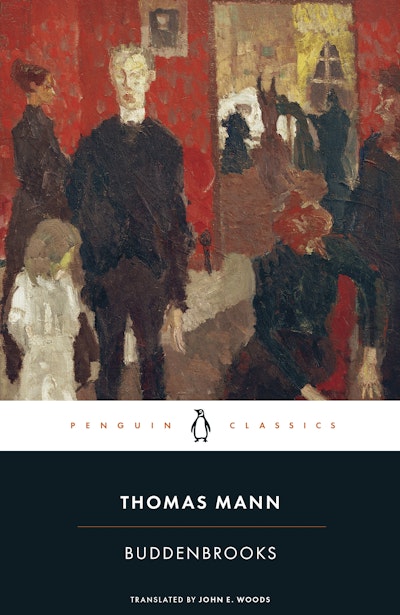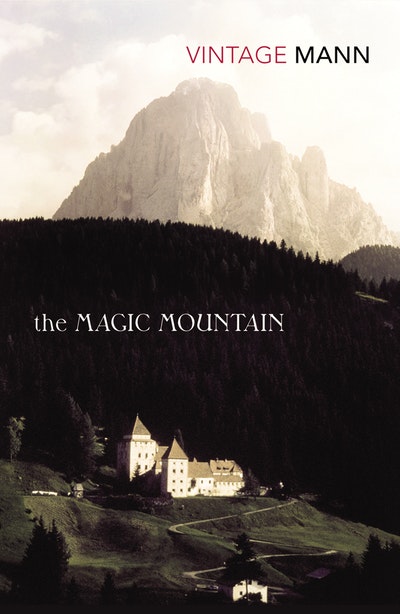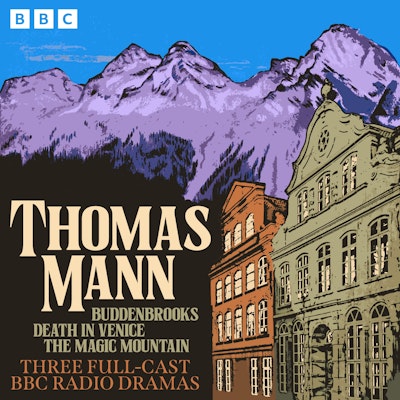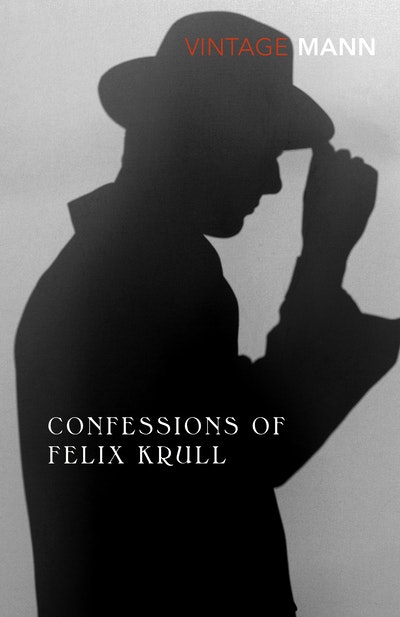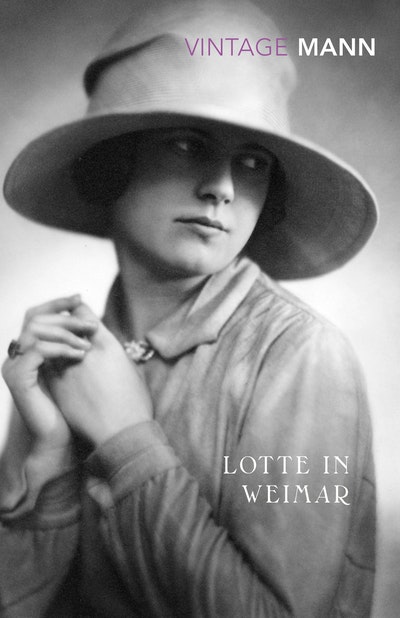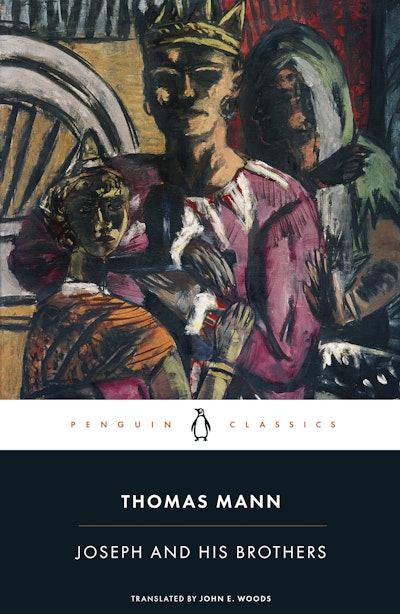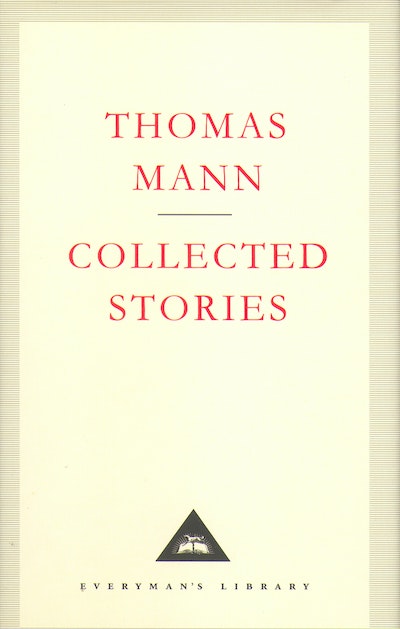[]
- Published: 1 June 2021
- ISBN: 9781681375311
- Imprint: NY Review Books
- Format: Paperback
- Pages: 592
- RRP: $45.00
Reflections of a Nonpolitical Man
Formats & editions
Buy from…
- Published: 1 June 2021
- ISBN: 9781681375311
- Imprint: NY Review Books
- Format: Paperback
- Pages: 592
- RRP: $45.00
"Without the impassioned patriotic document it is impossible to see Mann's artistic and political development in the right perspective." -Erich Heller
"At long last, a magnificent full translation of Mann's untimely masterpiece...an obviously complex and profound work."- Choice
"Nationalist, patriotic, conservative, and spiritually autobiographical ...it is a strange, enormously, clever (also foolish) and (in an alarming sense) fascinating piece, of sustained, often anguished and sometimes contorted eloquence." - D.J. Enright, Times Literary Supplement
"Reflections helps us to understand the problem that has not gone away: the dilemma of the intellectual (the writer, the artist) in politics." - Walter Laqueur, New York Times Book Review
